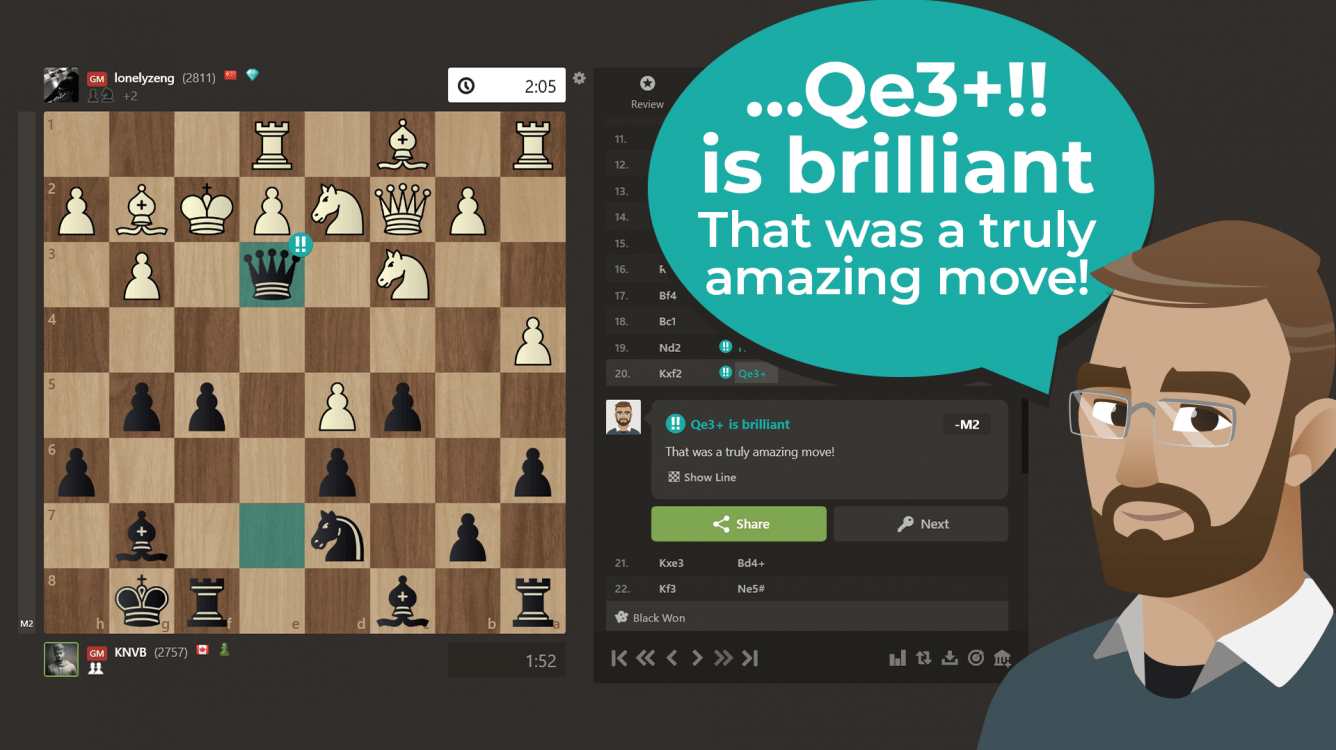
Chess was originally a game that was played mainly in quiet clubs and official tournaments. The only manner in which people could play chess was by physically attending, and sitting with their faces facing one another on the opposite side of the chessboard. But these requirements to play chess have changed due to the possibilities of the digital age we live in today. Chess has become a 24/7 global phenomenon that is accessible by everyone with an internet connection. This digital evolution of chess is driven by the rise of online platforms and streaming culture that gave chess new energy and audiences to the game.
The digital shift started out with early chess servers on the internet. Users could play real-time chess matches against other players across the globe. With the further development of technology, online platforms like chess.com and Lichess emerged, which offered full chess eco-systems where players not only could play each other but also could have lessons, solve puzzles, communicate in forums, and play online tournaments. These platforms changed and altered how people could engage with the game of chess. They particularly revolutionized accessibility, allowing all different levels of players to compete, learn, and socialize at any given time.

The platforms also have several built-in features that allow players to learn the game in new, highly effective ways. They facilitate possibilities to analyze played chess games by giving feedback and showing what moves are the best in certain positions. It also explains what errors you made, acting like an online chess coach. These possibilities are revolutionary because it not only makes the game more accessible, it also facilitates a fertile learning environment for nearly everyone.
Another interesting element that emerged is the online chess culture. During the COVID-19 pandemic, the popularity of chess surged massively. Chess creators online gained a lot of attention during the pandemic, where people searched for different ways to explore chess. Players such as Hikaru Nakamura and GothamChess accumulate millions of fans on online platforms such as YouTube and Twitch with a combination of game tactics and strategies, as well as funny stories and jokes. Their game is excellent, and that is difficult for the players ranked below them to comprehend. The way of storytelling they use helps make high-level chess more accessible and easier to understand. Also, chess tournaments that are broadcasted online attracted famous players and celebrities, helping chess gain a new generation of younger followers.

Because of these digital developments, chess has become more than a board game. People can learn new moves and tactics on their mobile phone while traveling to work or watching an online tournament online. Even an analysis of the matches of these tournaments is available on YouTube, making chess more accessible than ever. Chess has become an online movement that nearly every person on the globe can be a part of. The ancient roots remain intact, but the game evolves in ways no one could have imagined decades ago.
References:
Financial Times
Google Arts & Culture
Chess.com